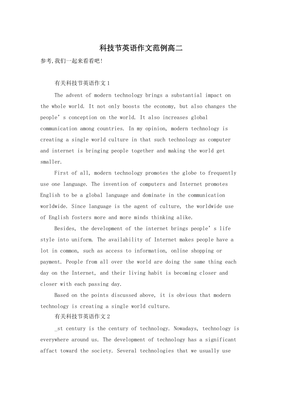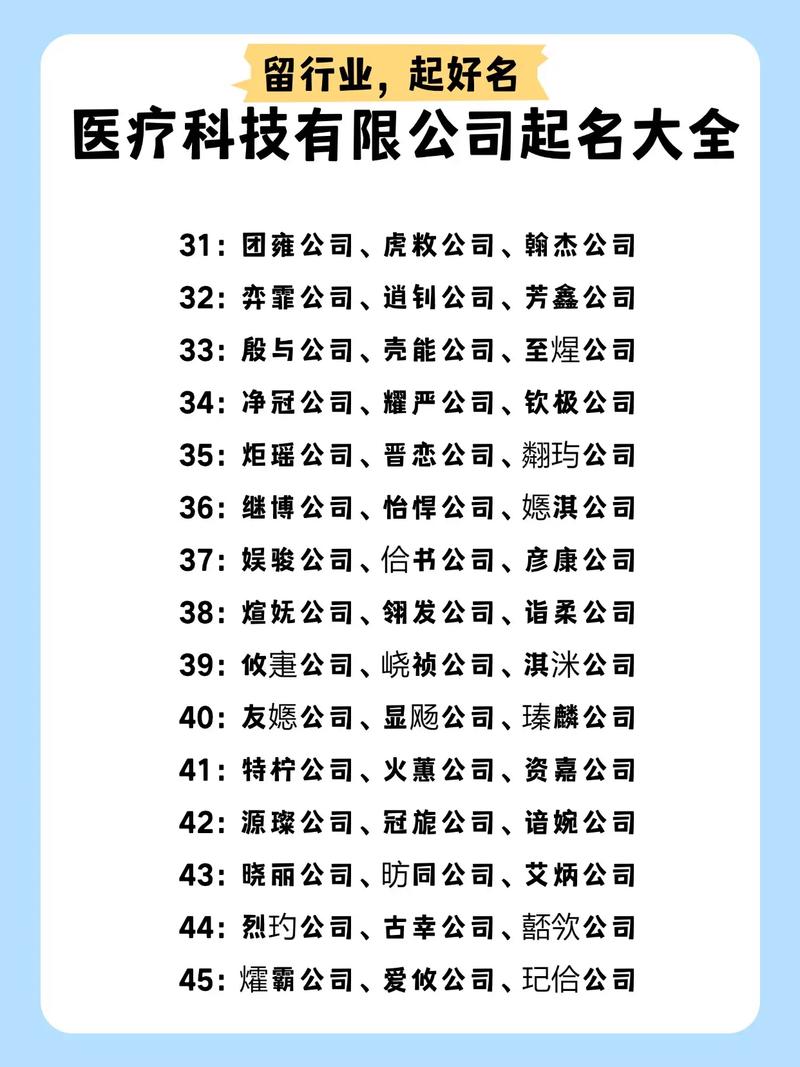科技英语作文万能句子
In the contemporary era, technology has become an integral part of our lives, pervading every aspect from daily routines to global industries. The rapid advancement of technology has brought about profound changes, not only revolutionizing the way we live and work but also shaping the future of humanity. With the continuous development of various technological fields such as artificial intelligence, biotechnology, and information technology, the boundaries of what is possible are constantly being pushed, presenting both unprecedented opportunities and significant challenges.

Artificial intelligence (AI) is one of the most prominent technological trends of our time. AI refers to the simulation of human intelligence processes by machines, especially computer systems. These processes include learning, reasoning, and self - correction. In recent years, AI has made remarkable progress, with applications ranging from virtual assistants like Siri and Alexa to self - driving cars. In the business world, AI is being used for data ysis, customer service, and supply chain management. For example, companies can use AI algorithms to yze large amounts of customer data to understand consumer behavior better, predict market trends, and make more informed business decisions. In the medical field, AI is helping doctors diagnose diseases more accurately and develop personalized treatment plans. Machine learning algorithms can yze medical images such as X - rays and MRIs to detect early signs of diseases, potentially saving countless lives.
Biotechnology is another area that holds great promise. It involves the use of living organisms or their products to develop or make useful products. Genetic engineering, a major branch of biotechnology, has the potential to solve many global problems. For instance, genetically modified crops can be engineered to be more resistant to pests, diseases, and harsh environmental conditions. This can increase agricultural productivity and ensure food security, especially in regions prone to droughts or other natural disasters. In the pharmaceutical industry, biotechnology is used to develop new drugs and therapies. Scientists can use gene editing techniques like CRISPR - Cas9 to target specific genes and develop treatments for genetic diseases that were previously considered incurable.
Information technology has also transformed the way we communicate and access information. The Internet has connected people from all over the world, breaking down geographical barriers and enabling instant communication. Social media platforms have become powerful tools for sharing ideas, promoting businesses, and organizing social movements. E - commerce has revolutionized the retail industry, allowing consumers to shop online from the comfort of their homes. Cloud computing has made it possible for businesses and individuals to store and access data remotely, reducing the need for physical storage devices and improving data security.
However, the rapid development of technology also brings several challenges. One of the most significant concerns is privacy and security. As more and more of our personal information is stored online, there is a greater risk of data breaches and cyber - attacks. Hackers can steal sensitive information such as credit card numbers and personal identities, causing financial losses and damage to individuals' reputations. Another challenge is the impact of technology on employment. The automation of many jobs through AI and robotics may lead to job displacement, especially in industries such as manufacturing and transportation. Workers may need to acquire new skills to adapt to the changing job market.
In addition, there are ethical and legal issues associated with emerging technologies. For example, in the field of AI, questions arise about the accountability of autonomous systems. If a self - driving car causes an accident, who is responsible: the manufacturer, the programmer, or the user? In biotechnology, genetic engineering raises ethical questions about the manipulation of human genes and the potential for creating "designer babies."
To address these challenges, governments, businesses, and individuals need to work together. Governments should enact appropriate laws and regulations to protect privacy and security, ensure ethical use of technology, and promote the development of a sustainable job market. Businesses should invest in research and development to improve the security of their technology products and provide training for their employees to adapt to technological changes. Individuals should also be more aware of the potential risks of technology and take steps to protect their personal information.
In conclusion, technology is a double - edged sword. On one hand, it offers numerous benefits and opportunities for the development of society. On the other hand, it also brings various challenges that need to be addressed. By understanding the potential of technology and taking proactive measures to deal with its negative impacts, we can ensure that technology serves humanity in a positive and sustainable way. As we move forward into the future, it is essential that we embrace technology with caution and responsibility, making the most of its advantages while minimizing its drawbacks.





